The Mirrors Focus proposes a number of stories dealing with the issue of gender identity.
Often, the main characters of the most emotional short films are teenagers and the story hinges on their fragility and their urge to live as fast as they can. Other times, the lead characters are explorers on their way to find themselves, seeking for a suitable name to define their inner self and especially their body.
These are powerful tales, immersed in colourful realities, which are amplified by the kaleidoscopic work of social media – an attempt to be constantly visible to the eyes of the world in our multiple ways of being.
The freedom of being what we truly are is sometimes the outcome of a difficult path made of doubt, fear, difficulty in close relationships, silence. Our protagonists are boys and girls who are willing to risk them all, almost prepared to die in order to live the truth and to be loved for who they are.
The selected movies
by Simone Bardoni and Claudia Praolini
A gis by Thiago Carvalhaes, Brazil, 2016
Elena by Ayerim Villanueva, Costa Rica, 2017
Lagi Senang Yaga Sekandang Lembu by Amanda Nell Eu, Malaysia, 2017
Manivald by Chintis Lundgren, Estonia, 2017
Sirene by Zara Dwinger, The Netherlands, 2017
Snap by Felipe Elgueta, Chile, 2018
Vaca Profana by René Guerra, Brazil, 2017
Vidi Ja Ti Nea (Would you look at her) by Goran Stolevski, Macedonia, 2017
A GIS – Thiago Carvalhaes | seen by Sofia Brugali
A Gis is a documentary film which expresses itself in words, it’s a story narrated by many voices. The protagonist is Gisberta, a brasilian transexual lived and brutally murdered in Porto, who has become a symbol of LGBTQI movement’s struggle for equality. But the director goes beyond the single case and beyond gender difference, letting us face the bare human being: through the memories of her acquaintances, the show reenacts a woman’s life, from her happy-go-lucky childhood to loneliness and abandonment. The footage itself looks spontaneous and almost amateur, so that the spectator becomes a part of the scene. Empathy is the backbone of the movie: Gisberta is a victim of an indifferent society, but the seeds of hope hide in the title and the whole film is a ode to life in all its facets.
ELENA – Ayerim Villanueva | seen by Margherita Fontana
Elena is a seventeen year old girl who lives with her grandmother Tita in a house lost in the middle of the countryside. Every day she takes the bus to go downtown, where she works in a cheap clothing store. She is quiet, well-mannered, almost invisible. Nevertheless, her manifest calm masks a strong doubt about her sexuality. The sudden visit of her charming cousin Julia will trigger her rebellion to the religious moralism imposed on her by her grandmother. The passion that bursts between the two marks the passing from her grey past (even in the cinematography nuances) to a future in full colour. The short by the Dominican director Ayerim Villanueva (1987) describes with sensibility and gentleness the discovering of one’s true self and love through the appropriation of body expressiveness. Sometimes to be yourself, you have only to gather the courage, step on the dance floor and join the party.
LAGI SENANG YAGA SEKANDANG LEMBU – Amanda Nell Eu | seen by Carlotta Magistris
Presented at the last Venice Festival, shot by the Malaysian director Amanda Nell Eu, Lagi Senang Yaga Sekandang Lembu – translatable with “It’s easier to breed livestock” – tells the preadolescent dynamic of an intense relationship between two rejected girls, in a dark climax which will end in a hooror-like epilogue. With an effective cinematography coherent with the tones of the story, emphasized by the contrast between bucolic and gloomy images, the movie talks more with images than with words in a deep and effective way, creating in one of the characters the image of the Potaniak, a tipical figure of the folkloristic Malaysian tradition.
MANIVALD – Chintis Lundgren | seen by Carlotta Magistris
Manivald by the Estonian Chintis Lundgren is a delicate animation about the drama of love. The world childishly drawn by the director is peopled by evanescent anthropomorphic animals and it creates a contraposition with the story, an uncensored drama: a morbid relationship between a mother and his son, homosexuality, an emotional abuse followed by a love let-down. What we see is a short movie where the aesthetic is in harmony with the naïf point of view of the main character, a perspective which, with smart irony and Fellini-like references, emphasizes the sentimental value of the story.
SIRENE – Zara Dwinger | seen by Margherita Fontana
Presented as international première at Clermont-Ferrand, Zara Dwinger’s short poetically describes the confusion of the teenager Kay and his emerging feminine sensibility. In this cold and even surreal North, the young boy spends his time among motorbikes, mud, (male) friends and alcohol. This uninspiring routine is interrupted by the arrival of Melody, a charming girl who stops on the river with her floating house. The tender friendship between the two provides Kay with a renewed insight on himself, opening the way to the exploration of his femininity, at least until the definitive breaking point. With Sirene, Dwinger depicts a dream about love, friendship and puberty, without giving up the realism.
SNAP – Felipe Elgueta | seen by Margherita Fontana
Snap is not just a documentary: we are dealing in the first place with a social experiment. The twenty minutes of the short are the result of more than two year of research on Snapchat and other social networks. The Chilean directors Felipe Elgueta and Ananké Pereira have been looking for stories about gender identity and homosexuality and have reassembled them creating a coherent message. The outcome of the process is between fiction and documentary: on one side the snaps are authentic and real videos, not edited and supposed to be on the net only for 24 hours; on the other they testify a process of fiction of oneself through body and image. These self-made stories are transformed by the cinematographic medium in a tale with political overtones: through these videos Elgueta and Pereira tell us also the current situation of Chile, the violence more and more diffused amongst common people, the homo and transphobia of their country.
VACA PROFANA – René Guerra | seen by Margherita Fontana
Nádia is a transgender woman who would like nothing more than to be a mother. Ana Maria is young girl who has a baby, but doesn’t know what to do with “that”. In the midst of sorrow and delusion, the two will find an agreement which seems to guarantee their peace of mind. Vaca Profana, by the Brazilian director René Guerra, outlines motherhood as a condition of the soul, rather than a physiological ability. Despite a certain degree of realism, this short film doesn’t properly tell us a story or a news report: by using a symbolic language, the spectator is confronted with a double birth. The legal act that states Nádia’s motherhood becomes some kind of ritual childbirth: the woman and her baby come into the world again, tearing apart what’s left of her male identity. That visionary content is made more effective by the great performance of the two leading actresses, Roberta Gretchen (Nádia) and Maeve Jinkings (Ana Maria) who give us truly moving dialogues.
VIDI JA TI NEA – Goran Stolevski | seen by Carlotta Magistris
Winner of the Jury Award at the last Sundance Festival, Vidi Ja Ti Nea by the Macedonian Goran Stolevski, translated with “Would you look at her”, is a delicate self-affirmational story of a young tomboy who after a love let-down, set in an asphyxiating context leaded by a strong religion faith, finds a way out in a religious competition just for men, succeeding in it. Sara Klimoska is in the role of the main character, a fascinating and melancholic girl who perfectly represents the paradoxical mixture between uncertainty and the need of identity in a tough age in a tough context.

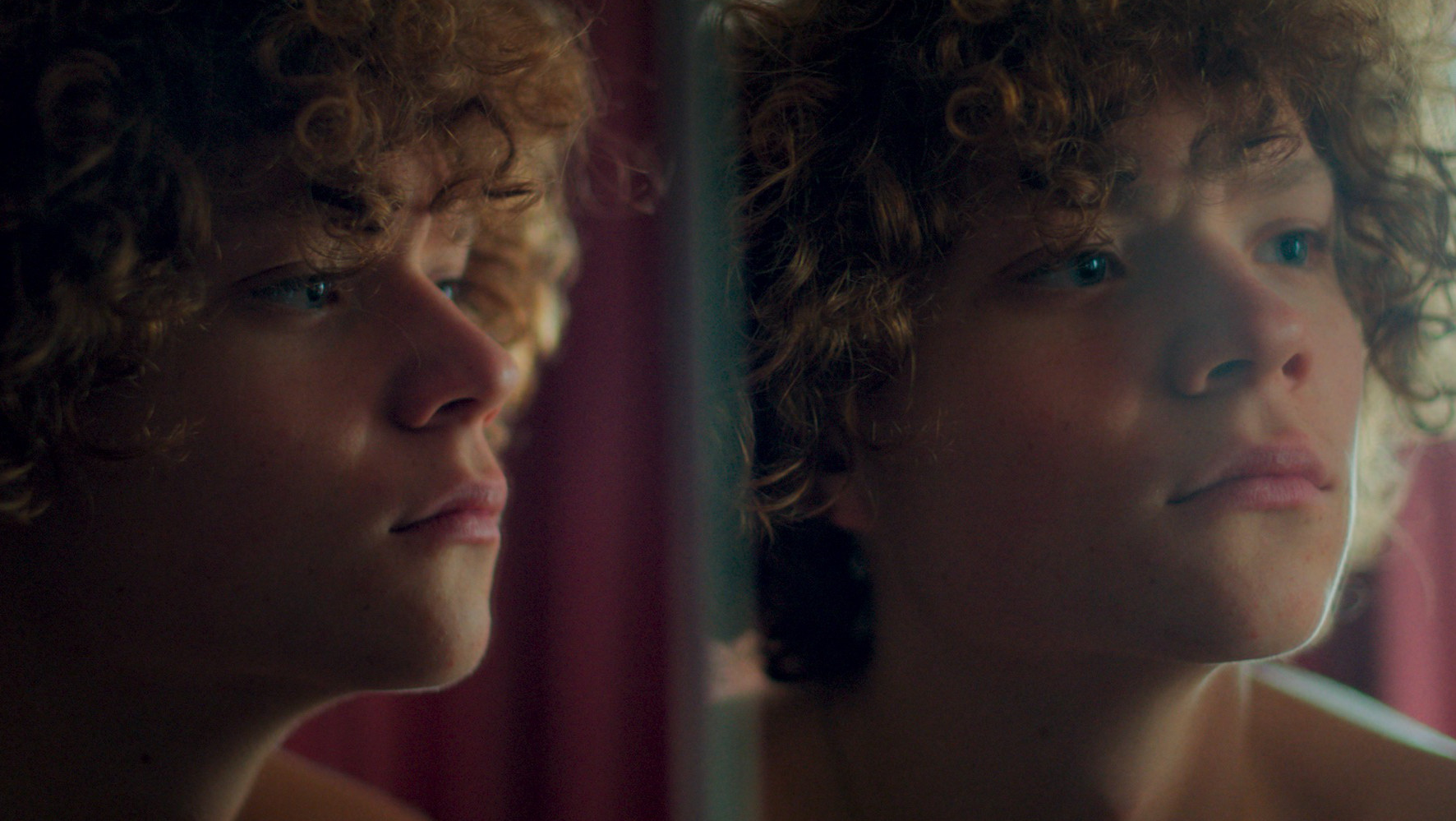
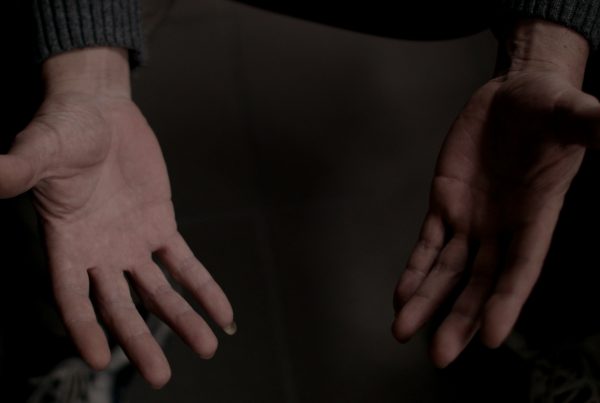
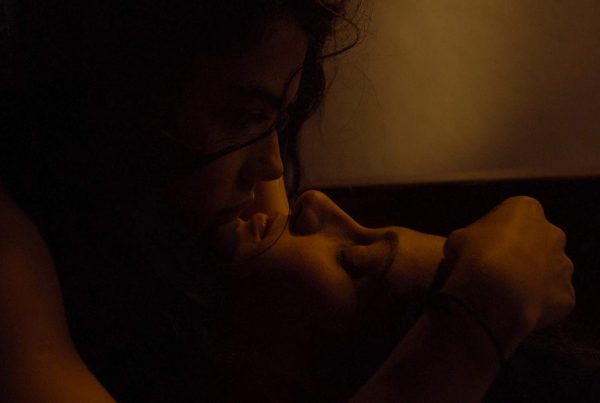
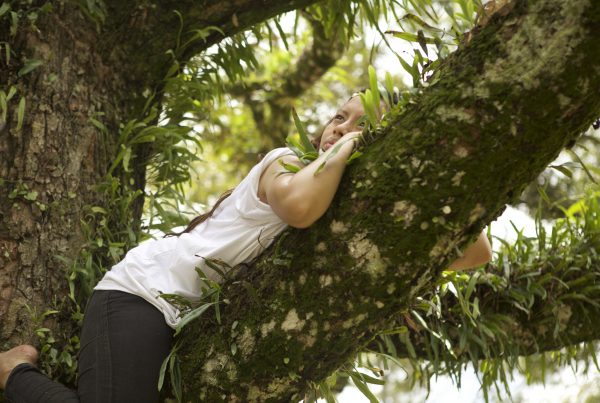
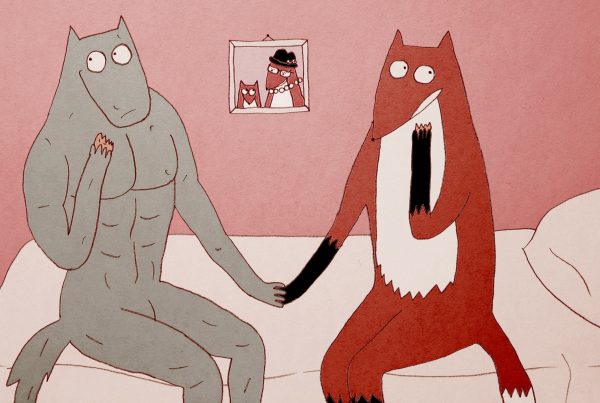
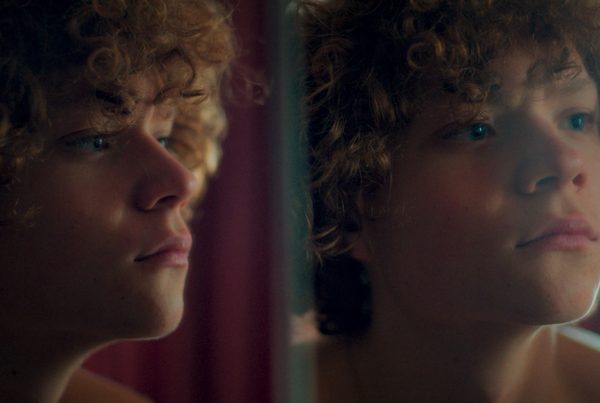
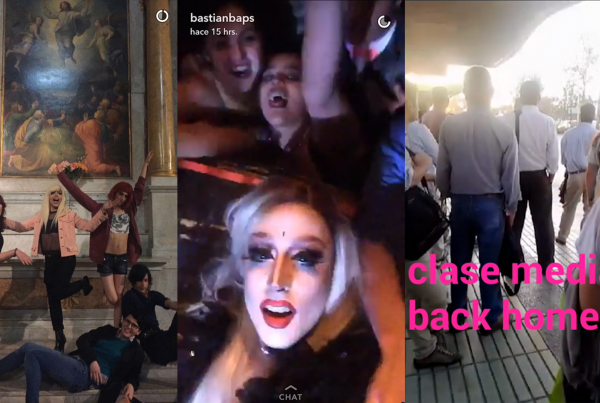
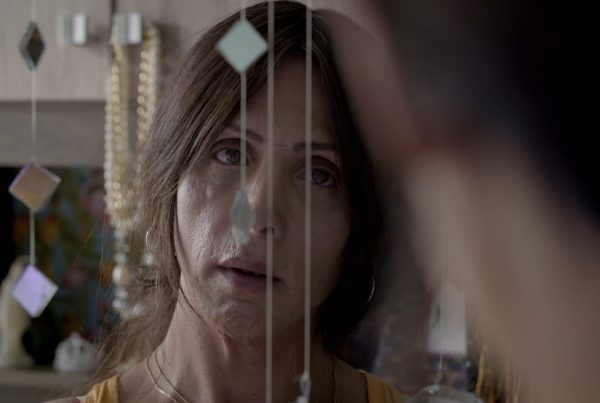
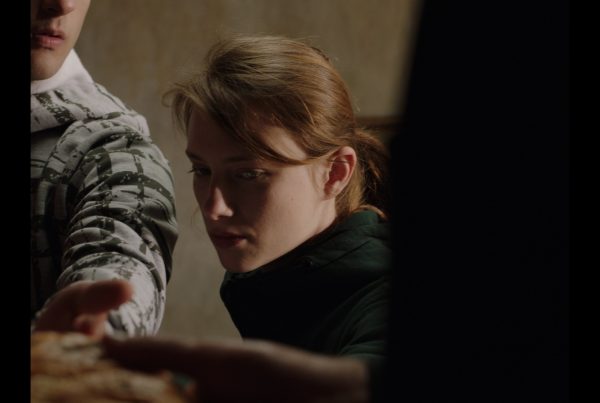

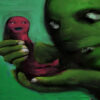




Commenti recenti